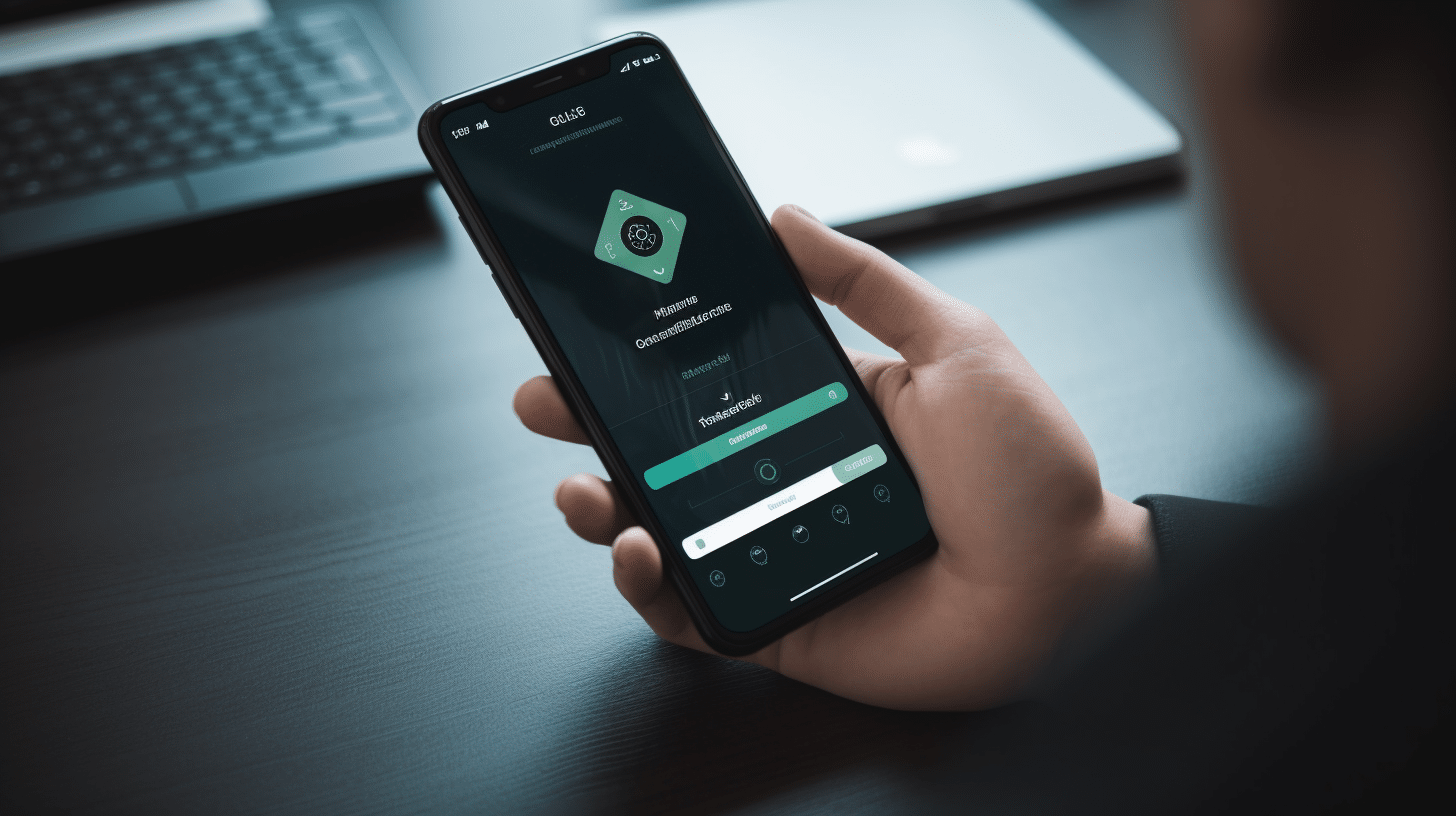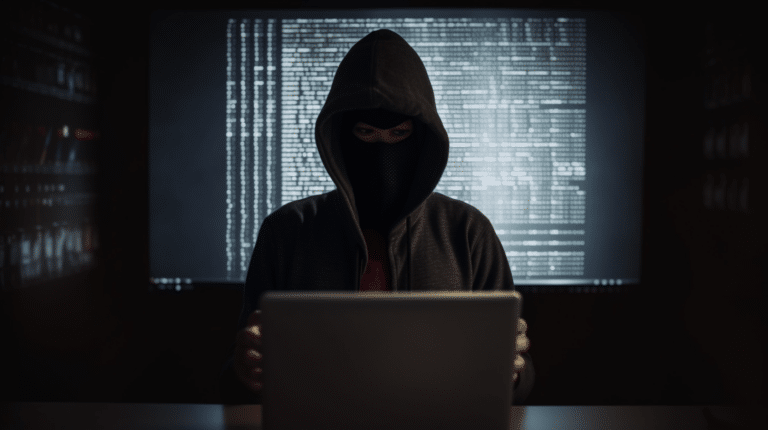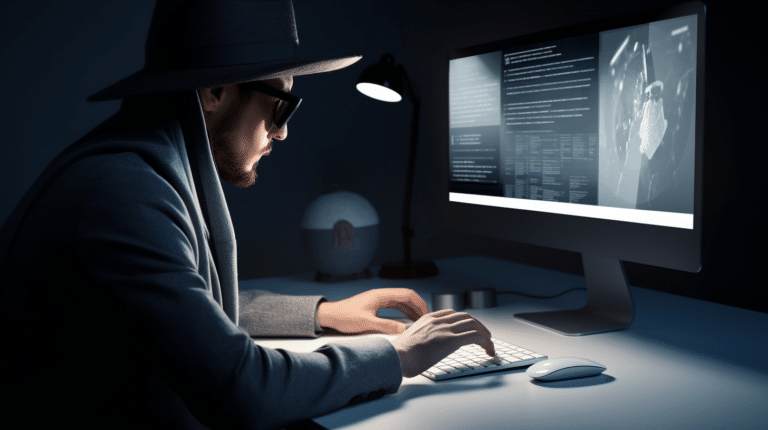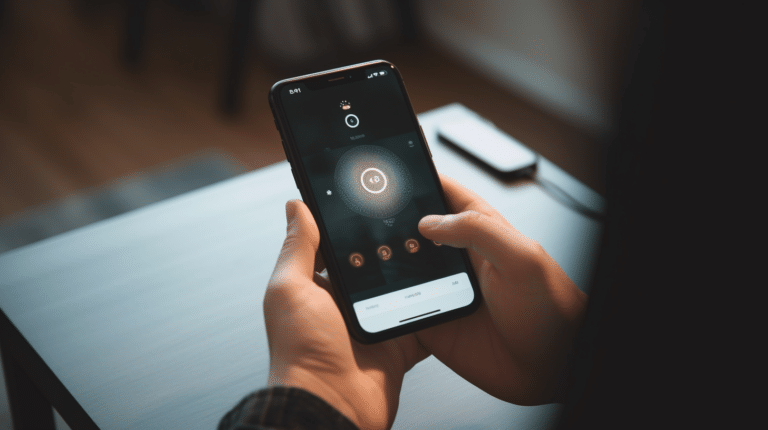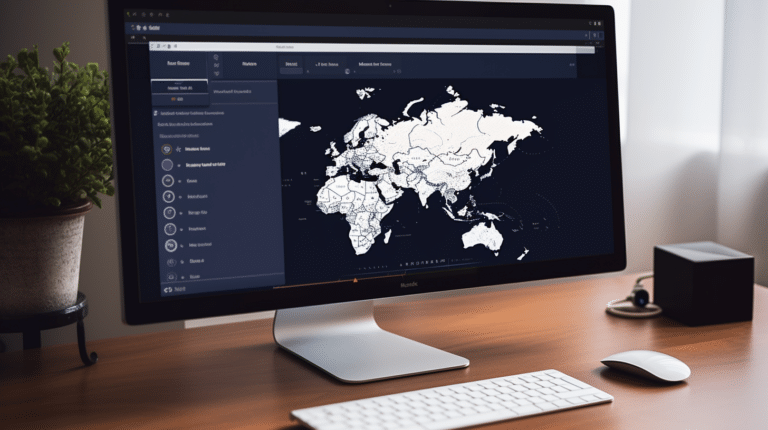A Virtual Private Network (VPN) is a technology that allows users to securely access the internet and maintain their privacy. VPNs create an encrypted connection between a user’s device and a remote server, effectively masking their identity and IP address. By doing so, VPNs enable users to browse the web safely, without the risk of their personal information being intercepted or monitored by unauthorized parties.
VPNs have become increasingly popular for various reasons, including online privacy, security, and the ability to access region-restricted content. In today’s digital world, securing your online activities and maintaining privacy is more vital than ever. VPNs provide an essential layer of protection against cyber threats and malicious actors while also granting users the freedom to access content that may otherwise be inaccessible due to geolocation restrictions or censorship.
Key Takeaways
- VPNs provide an encrypted connection for secure online browsing and privacy protection.
- Overcoming geographic restrictions is possible with VPNs, allowing users to access region-specific content.
- VPN technologies and providers offer solutions for maintaining privacy and security in the digital world.
What is a VPN
A VPN, or Virtual Private Network, is a technology that creates a secure and encrypted connection over the internet. It allows users to transmit data privately, even while using public networks, by masking their IP addresses and encrypting their online activities. VPNs are widely used for various purposes, such as enhancing security, protecting privacy, and accessing restricted content.
One primary use of a VPN is to improve online security. When connected to a VPN, the user’s data is sent through an encrypted tunnel to a remote server operated by the VPN service. This encryption prevents hackers, government agencies, and other third parties from monitoring or intercepting the user’s online activities. Ultimately, it offers a higher level of security when compared to using an open Wi-Fi network, especially in public places.
Another common use of a VPN is to protect user privacy. By masking the user’s IP address, a VPN makes it more difficult for websites, advertisers, and other entities to track their online behavior. This protection is particularly valuable for users who are concerned about preserving their privacy from invasive online tracking practices.
Additionally, a VPN can be used to access geo-restricted content. Some websites and online services restrict content based on the user’s location, either due to licensing agreements or censorship laws. By connecting to a VPN server in a different country, users can bypass these geographic restrictions and access blocked content as if they were in that country.
In summary, a VPN plays a crucial role in enhancing online security, protecting user privacy, and providing access to restricted content. The use of a VPN is recommended for individuals and businesses who value their online privacy and security, as well as those who wish to access content beyond their geographical boundaries.
Security and Privacy
Data Encryption
A key aspect of VPNs is data encryption which helps ensure the security and privacy of your online activities. VPNs use strong encryption algorithms to protect your data from hackers, advertisers, and other malicious actors. This means that any information you send over the internet—such as emails, passwords, and personal data—is scrambled and unreadable to anyone intercepting the connection.
By encrypting your data, VPNs significantly reduce the risk of having your sensitive information accessed or stolen. Furthermore, if you are transmitting sensitive files, using a VPN adds an extra layer of protection to keep your documents secure and confidential.
Browsing Anonymity
Another important function of VPNs is to provide browsing anonymity by disguising your identity and online activity from monitoring. When you connect to a VPN service, your internet traffic is routed through a remote server. This server assigns you a new IP address, which masks your true location and makes it difficult for third parties to track your browsing habits.
As a result, a VPN helps prevent advertisers from building a detailed profile of your interests and habits based on your search history and browsing activity. This enhances your privacy online and safeguards you from unwanted targeted advertising or tracking.
In summary, VPNs play a crucial role in maintaining security and privacy by encrypting data and providing browsing anonymity. They protect your online activity from hackers, advertisers, and other unwanted monitoring, ensuring your personal information and search history remain private and secure.
Overcoming Geographic Restrictions
VPNs are an effective tool for overcoming geographic restrictions, allowing internet users to access content and services that would otherwise be out of reach. By using a VPN, users can disguise their location and enjoy greater online freedom.
Unblocking Streaming Services
Many streaming platforms, such as Netflix, Hulu, and BBC iPlayer, enforce geo-restrictions to prevent users in one country from accessing content available in another. These restrictions mainly exist due to licensing agreements which dictate where the content can be viewed. A user can bypass these limitations by using a VPN like NordVPN, which offers multiple server locations worldwide. For example, if a user in Europe wants to access US-exclusive content on Netflix, they would connect to a US-based server through their VPN. This allows them to appear as if they are in the US, granting them access to the desired content.
Avoid making claims about specific streaming services like Netflix allowing subscribers to watch content by using VPNs.
Bypassing Internet Censorship
In some regions, governments may impose internet censorship, restricting their citizens’ access to certain websites, social media platforms, or news outlets. By using a VPN, users can bypass these geographic restrictions and access the blocked content. For instance, citizens in countries with strict internet censorship could use a VPN to connect to servers in countries with more relaxed internet regulations, enabling them to browse websites or access services unavailable in their home country. Furthermore, the encryption offered by VPNs helps protect users’ privacy and prevents internet service providers (ISPs) from throttling their bandwidth when accessing services such as BitTorrent.
Protecting Online Activities
Using a VPN (Virtual Private Network) offers numerous benefits that help protect online activities for individuals and businesses alike. In this section, we will discuss the following three aspects of VPN protection, particularly focusing on Public Wi-Fi Safety, Social Media and Online Games Privacy.
Public Wi-Fi Safety
Connecting to public Wi-Fi networks, such as those found in cafes or airports, can expose your device to various security risks. A VPN can keep your internet traffic secure by creating an encrypted virtual tunnel between your device and a remote server. This encryption ensures that even if malicious actors intercept your data on a public Wi-Fi network, they won’t be able to decipher the information.
Moreover, using a VPN can mask your IP address, preventing websites and your Internet Service Provider (ISP) from tracking your online activities. This enables customers to maintain privacy and prevents ISPs from monitoring or throttling connection speeds based on your browsing habits. Some reputable VPN providers also offer additional security features like a kill switch and multi-factor authentication, further safeguarding your data on public Wi-Fi networks.
Social Media and Online Games Privacy
In today’s interconnected world, social media and online games are a significant part of many people’s lives. However, these platforms often collect user data, including cookies, browsing history, and location information. Using a VPN can help protect your privacy and secure your internet traffic while accessing these sites.
By encrypting your connection and masking your IP address, a VPN makes it more difficult for social media platforms, gaming websites, and other third parties to track your online activities. As a result, you can enjoy a more private browsing experience without worrying about targeted ads or potential data breaches. Additionally, using a VPN can help bypass geo-restrictions on content, allowing you to access social media and gaming services that may not be available in your region.
In conclusion, VPNs play a crucial role in protecting one’s online activities, especially when using public Wi-Fi and engaging with social media and online games. By encrypting your internet traffic, masking your IP address, and providing additional security features, a VPN can significantly enhance your privacy and safety in the digital world.
Technologies and Providers
VPN Servers and Protocols
A Virtual Private Network (VPN) is a technology that provides a secure and encrypted connection to the internet, allowing users to maintain their privacy and anonymity online. VPNs function by creating a secure tunnel between the user’s device and the VPN server, where the user’s internet traffic is encrypted and then routed through the server before reaching the destination website.
There are various VPN protocols utilized for different purposes, such as maintaining anonymity, increasing online security, and avoiding browser fingerprinting. Some of the common VPN protocols include OpenVPN, SSTP, L2TP/IPsec, and IKEv2. Each protocol has its benefits and limitations, so it is essential to choose the one that best suits the user’s needs.
VPNs are instrumental in protecting users against malware and other cyber threats. They can also help circumvent geo-restrictions, access the dark web securely, and maintain online privacy. Additionally, VPNs support various operating systems and devices, including Windows, macOS, Android, and iOS.
Leading VPN Providers
There are numerous VPN providers in the market, offering different features, server locations, and pricing plans. Some of the leading VPN providers include:
- ExpressVPN: Known for its fast speeds, robust security features, and a vast server network spanning over 160 locations worldwide. ExpressVPN also offers excellent customer support and a 30-day money-back guarantee.
- NordVPN: With a focus on security and privacy, this provider offers a zero-logs policy, high-level encryption, and an extensive server network. It also includes features like a kill switch and CyberSec technology to block ads and malicious websites.
- CyberGhost: A popular choice for streaming and torrenting, CyberGhost boasts a user-friendly interface, fast connection speeds, and strong security features. It also provides dedicated servers optimized for P2P and streaming services.
- Surfshark: A relatively new provider that offers unlimited simultaneous connections, user-friendly apps, and strong security features, Surfshark has quickly gained popularity among VPN users. It also provides a wide server network and supports multiple VPN protocols.
These providers generate revenue by offering paid subscription plans, which include various features and benefits to cater to diverse user needs. To ensure top-notch online security and anonymity, it is crucial for users to choose a reputable and reliable VPN service.
Privacy and Legal Considerations
Government Surveillance and Laws
In today’s digital age, governments are increasingly seeking access to sensitive data, which has made the use of VPNs more popular as a privacy tool. As a professional way to protect oneself online, VPNs can shield user data and login credentials from prying eyes, including those of government surveillance agencies.
However, it’s important to be aware of the different laws and regulations affecting VPN usage in various countries. For example, UK residents face strict policies regarding VPN usage, which may impact its effectiveness as a privacy tool. While using a VPN can provide an extra layer of security against cybercriminals and government surveillance, it’s essential to understand local laws and the potential consequences of using a VPN in your area.
Data Logging Policies
When selecting a VPN service, it’s crucial to review the provider’s data logging policies. Your network traffic, browsing history, and real IP address should remain private, even from the VPN service itself. Some VPN providers may keep logs of user data, potentially exposing your sensitive information to third parties or government authorities.
To ensure the highest level of privacy protection, users should opt for a VPN provider with a strict no-logs policy, preventing the storage of any personal data or connection details. Moreover, incorporating additional security measures such as IPsec and two-factor authentication can further bolster privacy protection.
In summary, when using a VPN as a privacy tool, it’s important not only to consider government surveillance and laws but also to carefully review data logging policies. By understanding local legal considerations and choosing a suitable VPN provider, you can better protect sensitive data, login credentials, and shield yourself from prying eyes in real-time.
Frequently Asked Questions
How does a VPN improve security?
A VPN, or Virtual Private Network, enhances security by creating an encrypted tunnel between your device and the VPN server. This encrypted connection protects your data from being intercepted or monitored by third parties, such as hackers or government agencies. Furthermore, a VPN masks your IP address, making it more difficult for others to track your online activities. By hiding your IP address, a VPN can protect your privacy and help you browse the internet more securely.
Can VPNs help bypass geo-restrictions?
Yes, VPNs can help you bypass geo-restrictions imposed by websites and streaming services. By connecting to a VPN server in a different country, you can effectively change your virtual location, tricking websites and services into thinking you are accessing them from that region. This allows you to access content that is unavailable in your real location due to geographical restrictions.
What is the difference between free and paid VPNs?
While both free and paid VPNs offer a level of privacy and security, there are key differences between the two. Free VPNs often have limitations on bandwidth, server locations, and connection speeds. Additionally, free VPN providers may show ads or sell user data to third parties to generate revenue. On the other hand, paid VPNs usually offer more reliable connections, faster speeds, a wider selection of server locations, and better customer support. They also have stricter privacy policies and are less likely to log or sell user data.
Are VPNs legal to use?
In most countries, using a VPN is legal. However, certain countries such as China, Iran, and Russia have restrictions or outright bans on VPN usage. It is important to check the specific regulations in your country before using a VPN, especially if you are traveling or living abroad. Keep in mind that while VPNs themselves may be legal, using them to conduct illegal activities remains against the law.
Do VPNs affect internet speed?
Using a VPN can have an impact on your internet speed due to the encryption process and the additional server routing. This may result in a somewhat slower connection compared to browsing without a VPN. However, many premium VPN services invest in high-quality servers and infrastructure, which helps minimize the speed reduction. Some users may even find their connection speeds increase when using a VPN if their original internet service provider was throttling their bandwidth.
Can a VPN protect against hackers?
A VPN can provide an additional layer of security against hackers by encrypting your data and masking your IP address. However, it is essential to remember that a VPN is only one part of your overall security strategy. To further protect yourself against hackers, it is crucial to keep your devices updated with the latest security patches, use strong and unique passwords, and enable other security features such as firewalls and antivirus software.
